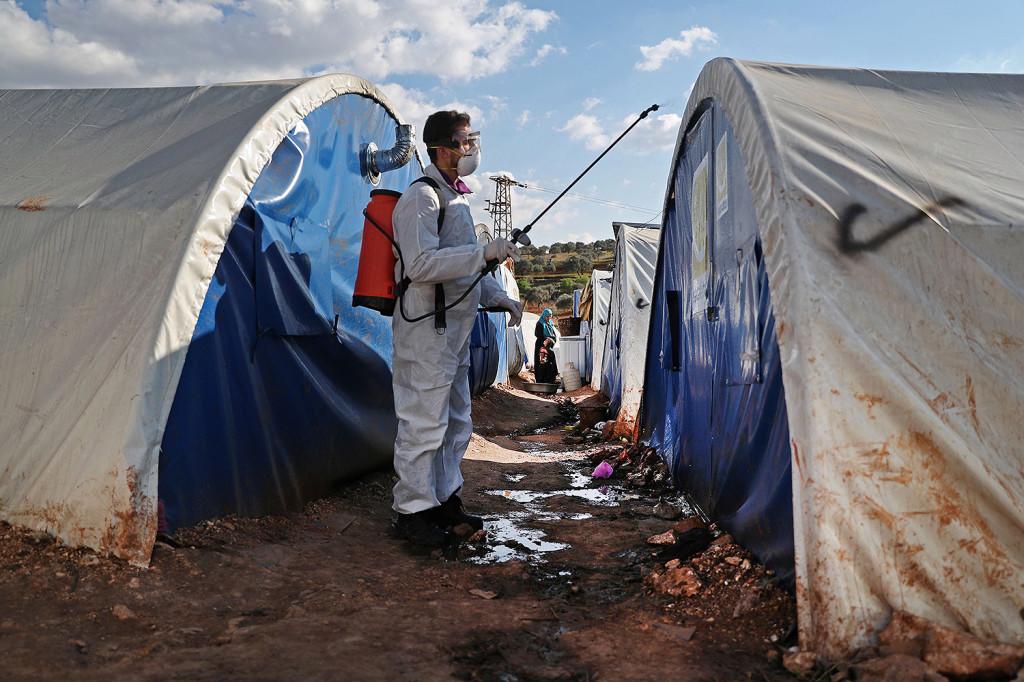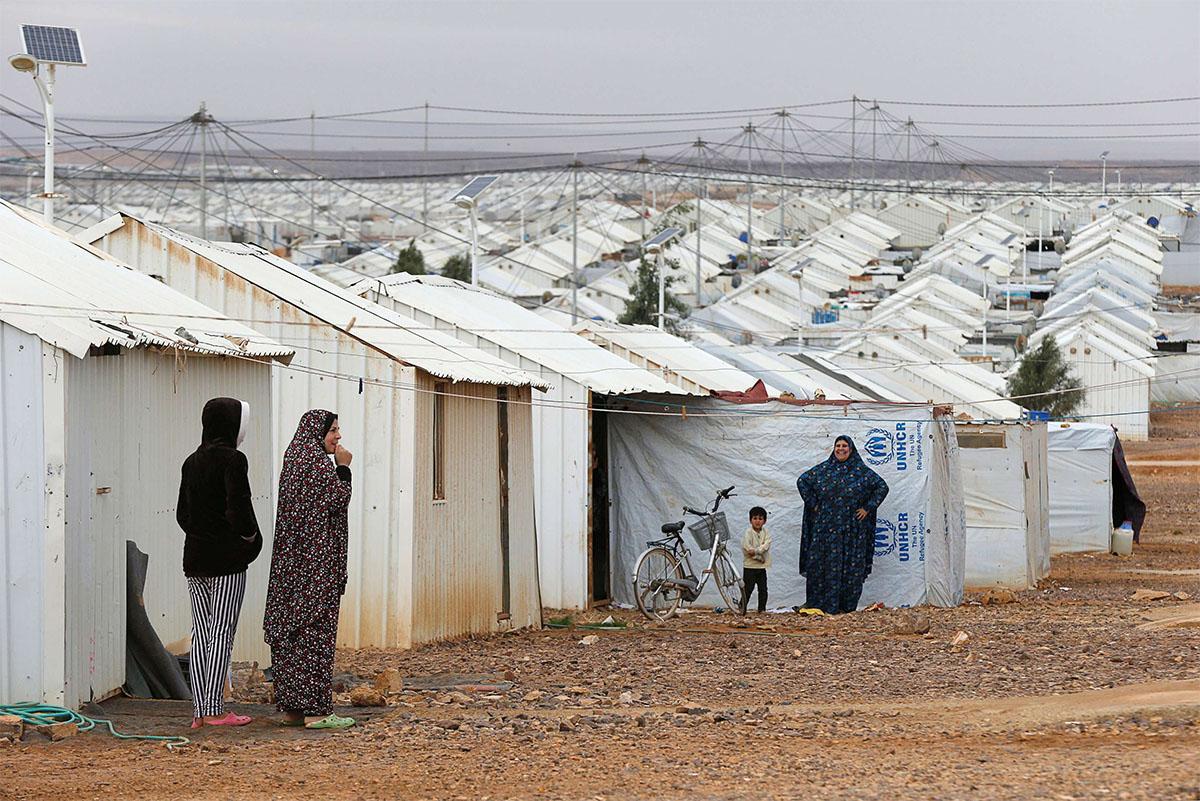“Around 70 million people are suffering displacement in crowded camps, awaiting the arrival of the coronavirus pandemic,” an alarming report in Foreign Policy begins.
It’s been low on governments’ radar considering many are bogged down battling the pandemic in their midst, but the UN High Commissioner has warned there’s a looming coronavirus disaster soon to hit the over-crowded camps especially across the Middle East and Africa.
“We don’t know, and that’s largely because we haven’t done any testing,” Muhammad Zaman, a professor of bioengineering at Boston University, commented recently on the potential case numbers in the camps. “We need to know how acute the problem is before we come up with an intervention.”

A handful of Covid-19 cases have been confirmed in camps in Iraq as well and with suspected cases in migrant camps on the Greek islands, prompting the UNHCR to initiate a $33 million program to provide additional protective gear and sanitation training for health workers in the camps.
But many officials think it’s only a matter of time before the pandemic unleashes carnage in the camps — the most populated lying in Lebanon an southern Turkey along the Syrian border, with official Turkey numbers at 3.4 million. There are also sprawling camps across sub-Saharan Africa.
An official with the Norwegian Refugee Council, Jan Egeland, predicted that “There will also be carnage when the virus reaches parts of Syria, Yemen and Venezuela where hospitals have been demolished and health systems have collapsed.”
Another humanitarian official recently interviewed by NBC called the already poor conditions camps “a tinderbox for the spread of the disease”.

Last week the UN was forced to suspend refugee resettlement abroad due to travel delays and closures due to the coronavirus pandemic. Last year the UNHCR settled a total of 64,000 abroad.
“Refugee families are being directly impacted by these quickly evolving regulations in the course of their travel, with some experiencing extensive delays while others have been stranded or separated from family members,” the agency said in a statement.
The program’s temporary halt also came after there were 10 confirmed Covid-19 cases in Germany among recently resettled refugees.
UNHCR spokesman Andrej Mahecic said of the cases: “These are people who are either refugees or asylum seekers.” He told a press briefing the cases are in Munich, Berlin and Heidelberg.